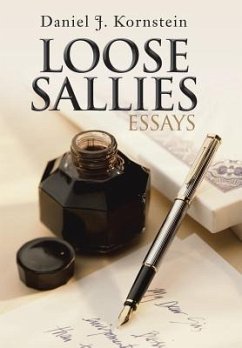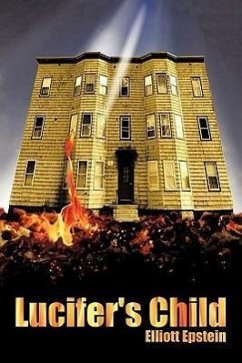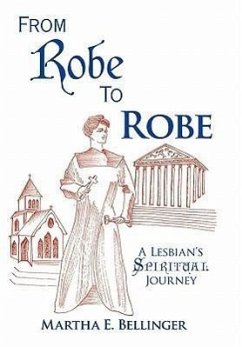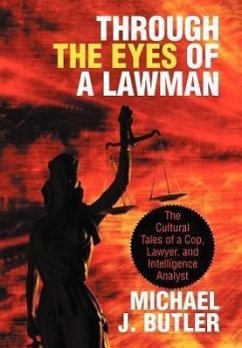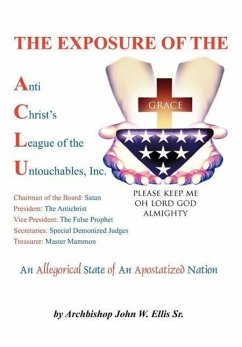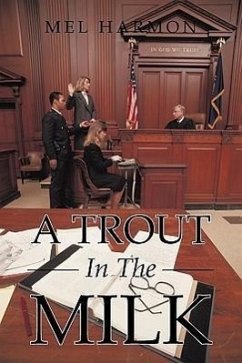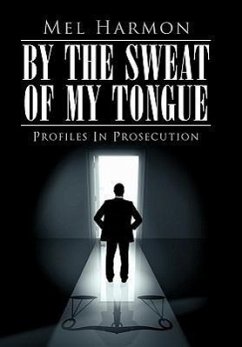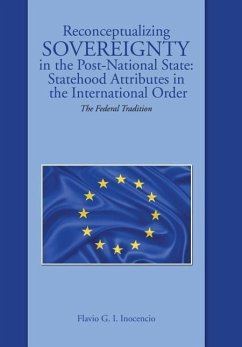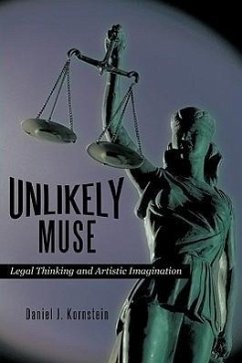
Unlikely Muse
Legal Thinking and Artistic Imagination
Versandkostenfrei!
Versandfertig in über 4 Wochen
25,99 €
inkl. MwSt.

PAYBACK Punkte
13 °P sammeln!
This trail-blazing book explores previously uncharted aspects of law and literature, as well as the psychology, paradoxes and wonderful mystery of creativity. A study of artistic inspiration, Unlikely Muse examines and analyzes the lives and works of three very different writers who combine law, literature and imagination: nineteenth-century French novelist Honoré de Balzac, modernist American poet Wallace Stevens, and controversial playwright-memoirist Lillian Hellman. From the literary careers of those three writers emerge two intertwined and exciting new themes. The first theme demonstrate...
This trail-blazing book explores previously uncharted aspects of law and literature, as well as the psychology, paradoxes and wonderful mystery of creativity. A study of artistic inspiration, Unlikely Muse examines and analyzes the lives and works of three very different writers who combine law, literature and imagination: nineteenth-century French novelist Honoré de Balzac, modernist American poet Wallace Stevens, and controversial playwright-memoirist Lillian Hellman. From the literary careers of those three writers emerge two intertwined and exciting new themes. The first theme demonstrates unexpected synergy between law and literature. Opening original lines of inquiry, Unlikely Muse probes the possible relationship between legal training and artistic creativity. A surprisingly large number of great creative artists - writers (such as Balzac), poets (such as Stevens), painters (such as Matisse) and composers (such as Tchaikovsky) - studied or practiced law. This book asks whether such people became great creative artists because of or despite their legal background. Others, such as Hellman, had no legal training but wrote much about the law. This book sketches the intellectual atmosphere and biographical background that shaped these three writers' creative process, highlighting the impact of the law on their work. The second theme uses these same three writers to focus on the changing role of imagination in literature. From Balzac through Stevens to Hellman and beyond, the author traces imagination's arc from a positive artistic quality to something that is sometimes more controversial, perhaps deceitful, and negative. In the last few decades - ever since Hellman's memoirs were attacked as untrue - journalists, memoirists and other writers have palmed off works of fiction as non-fiction, often causing literary scandals. This book offers a new theory why this phenomenon is happening and how it should be regarded.



